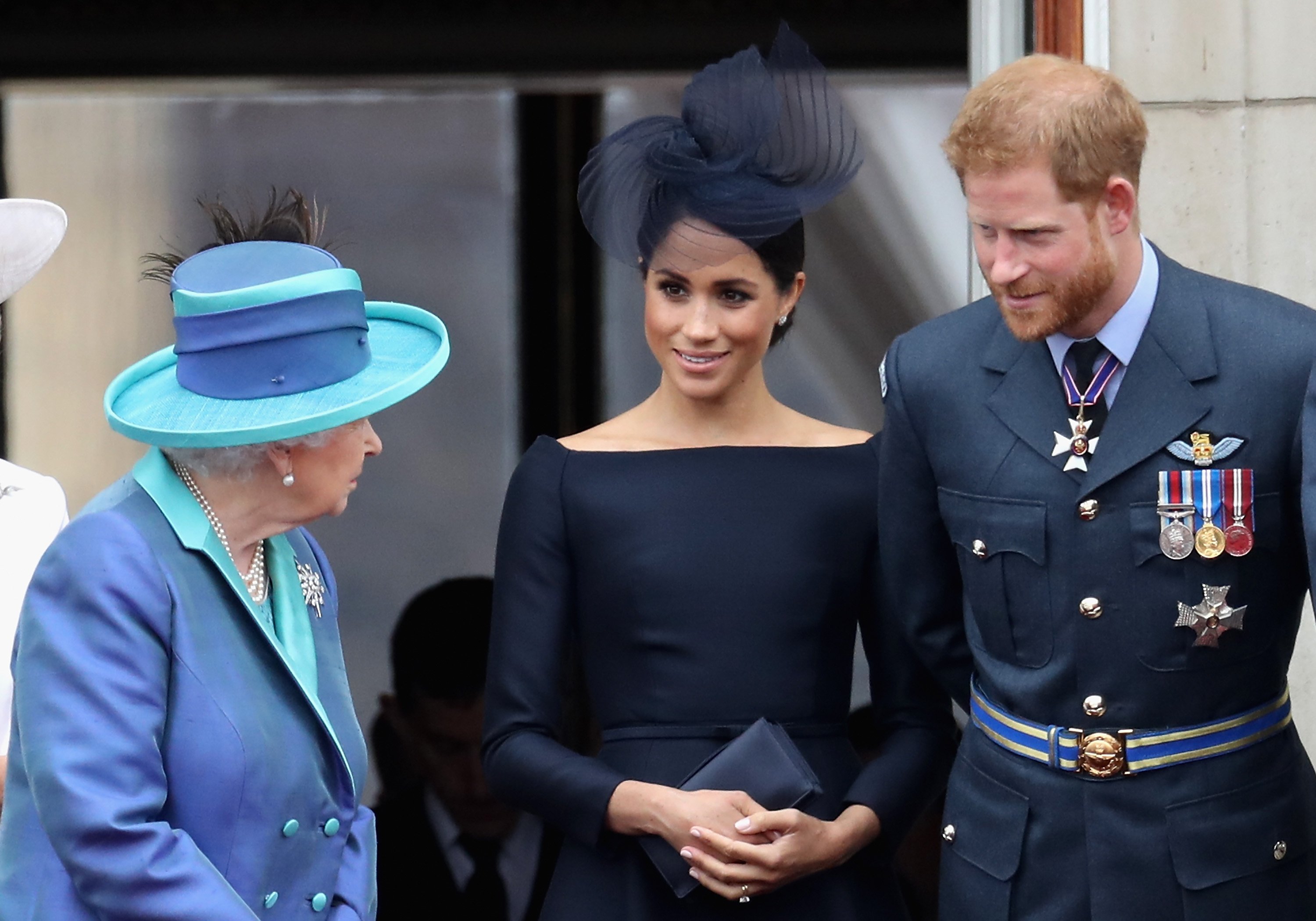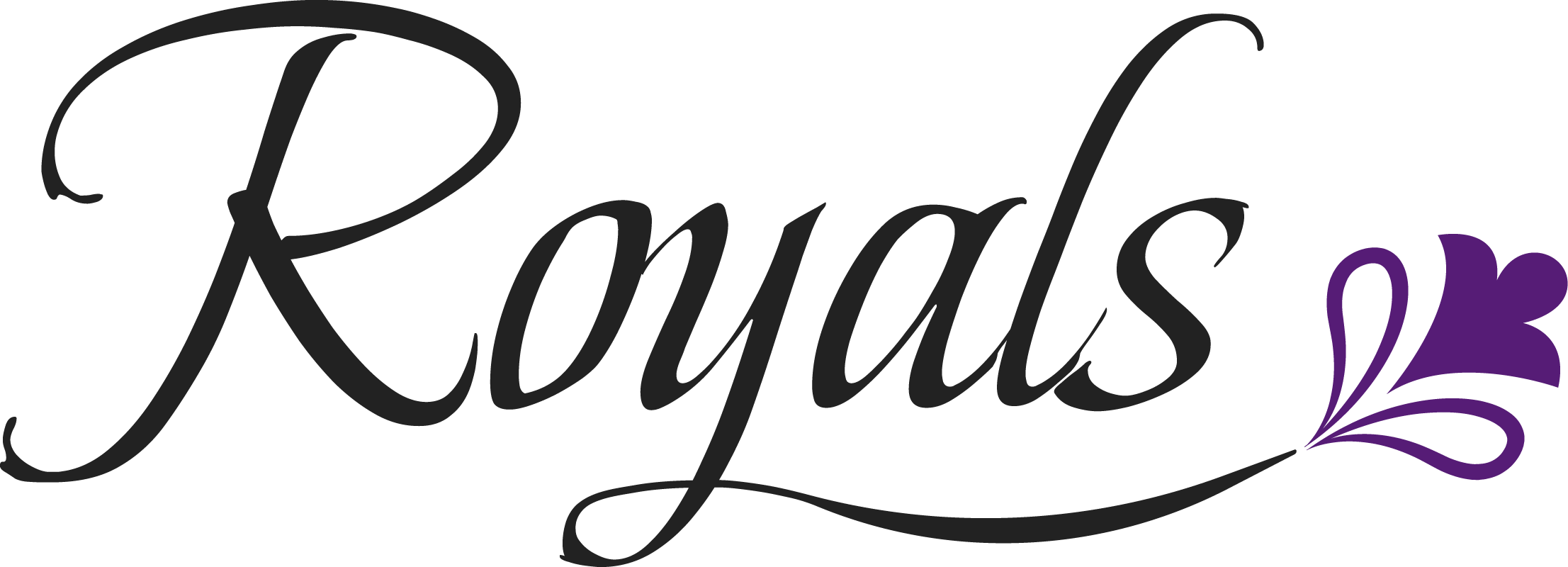Royal Family Approval Rating Reveals Strange Favorites — What Does It Mean for the Monarchy?
While being a member in the British royal family tree may sound quite official and tied to the function of the government, the role is actually not a political one. In fact, the members of the modern monarchy try to stay out of politics as much as possible, instead of focusing on maintaining a positive public image.
The sprawling royal family tree has a lot of limbs, but there are certainly some members who are more important than others in terms of their placement in the line of succession and their status in the inner circle of “The Firm.” All of this means that the royal family’s primary purpose in British society is a public relations one, so popularity — or lack thereof — is a major issue.
With a recent poll showing some strange divides in support for different members of the family, what does it mean for the future of the monarchy? Let’s take a closer look at the royal family approval rating in recent years.
What is the primary function of royal family members?

Many have long argued that the royal family is an outdated model from a historical relic. The politics of the land are no longer determined by kings and queens, and a monarchy certainly does not have the power it once did in the British empire. Instead, the modern monarchy is primarily a matter of public performance.
The royal family has duties that they must uphold. In exchange, they receive a significant portion of their funding from the British taxpayers. This fact has caused some to get up in arms about everything from the cost of renovations, to the level of access that the public is given to private moments within the family. As the ones who are footing the bill, some citizens feel they have a right to these details.
In exchange for this tax money, the royal family provides a tremendous boon to the economy in the form of tourism and public appearances. Their celebrity status makes events surrounding the family — weddings, funerals, births, coronations, etc. — lavish public affairs that provide huge boosts to everything from hotels, to restaurants, to caterers, to linen services, to security details.
What is Prince Harry’s approval rating? What about Meghan Markle and Kate Middleton’s approval rating?
Since the role of the royal family is primarily a public relations one, polls of public opinion about their performance matter quite a bit. With the controversy of “Megxit” and Prince Harry and Meghan, Duchess of Sussex’s explosive interview revealing accusations of mistreatment from within the family itself, there has been concern that public support for the Crown may be falling.
A poll in the wake of that interview, however, paints a more complicated picture. As Forbes reports, Harry and Meghan saw a surge in support and positive rankings … from Americans. This bodes well for their new life in California, but it’s the opinion of the U.K. public that matters most to the rest of the royal family. Across the pond, both the duke and duchess of Sussex took popularity hits, with Harry falling into a net negative position for the first time. Forty-eight percent of the Brits polled viewed him negatively while only 45 percent viewed him positively. Meghan fared far worse: 31 percent positive, 58 percent negative.
These numbers are not consistent among all U.K. people, however. Younger respondents were far more likely to hold the displaced couple in high regard. For those ages 18-24, the positive impressions sit at 59 percent for Harry and 55 percent for Meghan.
A poll of respondents ages 13 to 25 from late May 2021 showed a surprising ranking of the royal family: Queen Elizabeth boasted 25 percent of the vote, Harry had 22 percent, Meghan had 21 percent, Catherine, Duchess of Cambridge had 11 percent and Prince William had 10 percent.
What is the future of the British royal family?
There have long been calls to dismantle the monarchy entirely, but it seems unlikely that those efforts will amount to much. The most important number for the royal family remains promising. A full 63 percent of U.K. respondents have a favorable opinion of the monarchy as a whole and believe it should remain in effect. That’s a drop from 67 percent who felt that way in late 2020, but it is still a large margin of support.
Still, the monarchy is probably losing a little sleep over the fact that a majority of U.K. respondents ages 18-24 do not support the continuation of the custom. As Reuters reports, only 31 percent of this age group wanted to see a king or queen as the head of state.
Right now, this age group doesn’t have the demographic power to put their wishes into place, but if trends continue this way, the monarchy of the future could be in trouble. They’ll definitely need to consider appealing to a younger and broader audience in order to maintain public support.



